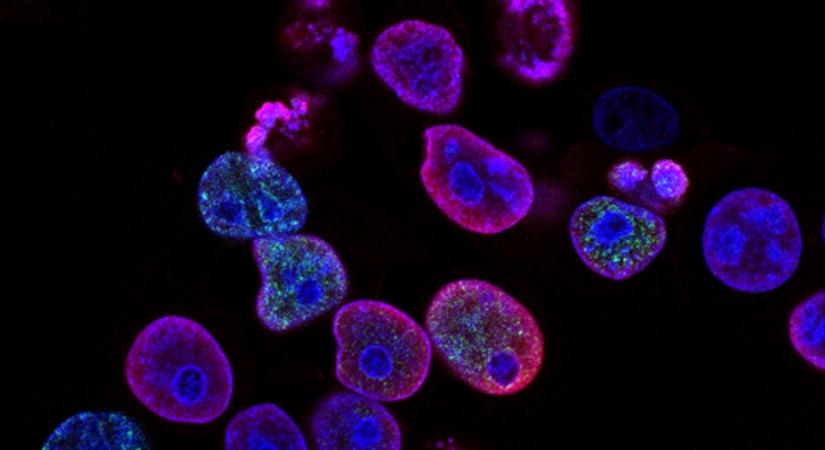Two federal funded studies were conducted to explore shorter and gentler way to treat cancer patients. According to the research, after surgery, some cancer patients can safely skip radiation or chemotherapy.
Now, the scientist are working on finding ways to precisely predict which cancer patients can avoid unneeded treatment to cut down on harmful side effects and unnecessary costs.
In the first study, the experts used a blood test to determine which colon cancer patients could skip followup chemotheraphy after surgery. However, the second study suggested that some low-risk breast cancer patients only can omit the radiation after a lumpectomy.
The annual meeting of the American Society of Clinical Oncology wrapped up in Chicago on Tuesday. There, the researchers discussed about the study and its benefits. On Saturday, the New England Journal of Medicine, published the colon cancer study that has been funded by the Australian and U.S. governments and nonprofit groups
The discovery could help doctors to distinguish between which patient can truly benefit from chemotherapy and avoid the side effects that patients have to deal with due to unnecessary treatments, said Dr. Stacey Cohen of Fred Hutchinson Cancer Center in Seattle.
It is to be noted that Dr. Stacey is among them who reviewed the colon cancer findings but was not involved in the research.
Colon Cancer
Most colon cancer patients are advised to take chemotherapies after surgery, even though they may be cured. However, the drugs prescribed to cancer patients after enucleation can come with side effects such as nausea, anemia and memory problems.
If the discovery proves useful, then it could help pinpoint which patients might not need further treatment. Scientists are trying to study whether a blood test could help doctors make the call.
The research included 455 patients, who went through surgery of cancer that spread into their colon wall. After the operation, one group received a blood test that was customized as per their tumor’s genetic profile. The test was conducted to detect any remaining bits of cancer DNA.
The blood test done on them showed no signs of remaining cancer on some patients, hence, the patients did not get chemotherapy. Whereas, the rest of the patients were given chemo by the doctors in the usual way, followed by the analysis of the tumor and nearby tissue.
According to a statement by Dr. Jeanne Tie of the Peter MacCallum Cancer Centre in Melbourne, Australia, who led the research– The chance of cancer relapse is very low in the patients where cancer DNA was not detected after surgery. Therefore, chemotherapy is very unlikely to benefit these patients.
ASCO president Dr. Everett Vokes, who specializes in head and neck and lung cancer at University of Chicago Medicine said that skipping chemo makes “a big difference in a person’s quality of life if that can be done without having to put them at jeopardy for recurrence.”
Breast Cancer
On the other study, tests were conducted on as many as 500 older women with a common form of early-stage breast cancer and low levels of a protein known as Ki67.
After surgery, those women took hormone-blocking pills, a standard treatment for this type of cancer. But were not given radiation treatment.
After five years, around 10 of the women reported of cancer returning in the same breast, leading to one breast-cancer death. These women were not put into any comparison groups, but experts claimed that in comparison witht the historical data, results are quite similar to patients who had radiation.
Dr. Timothy Whelan of McMaster University in Hamilton, Ontario, led the study, which was supported by the Canadian Breast Cancer Foundation and the Canadian Cancer Society. In his statement he mentioned that they estimated that the benefits of radiation would be very small in this population compared to the side effects.
Radiation has proved to cause skin problems, fatigue and, less commonly, long-term heart problems and second cancers.
The study is could very soon bring good news for patients with low-risk tumors. As well as it will help doctors understand which of their patient can omit radiation “comfortably and with confidence,” said Dr. Deborah Axelrod of NYU Langone Health, who was not involved in the research.




 Kalinga AI
Kalinga AI